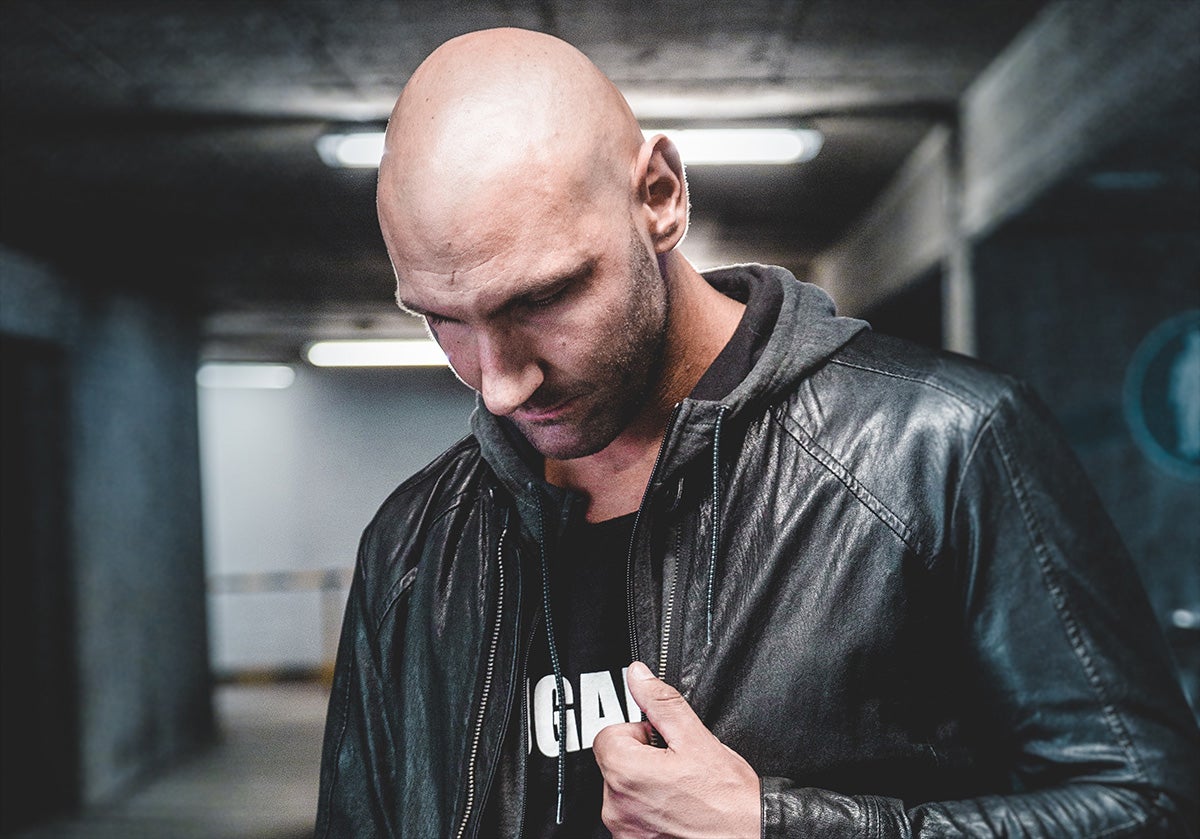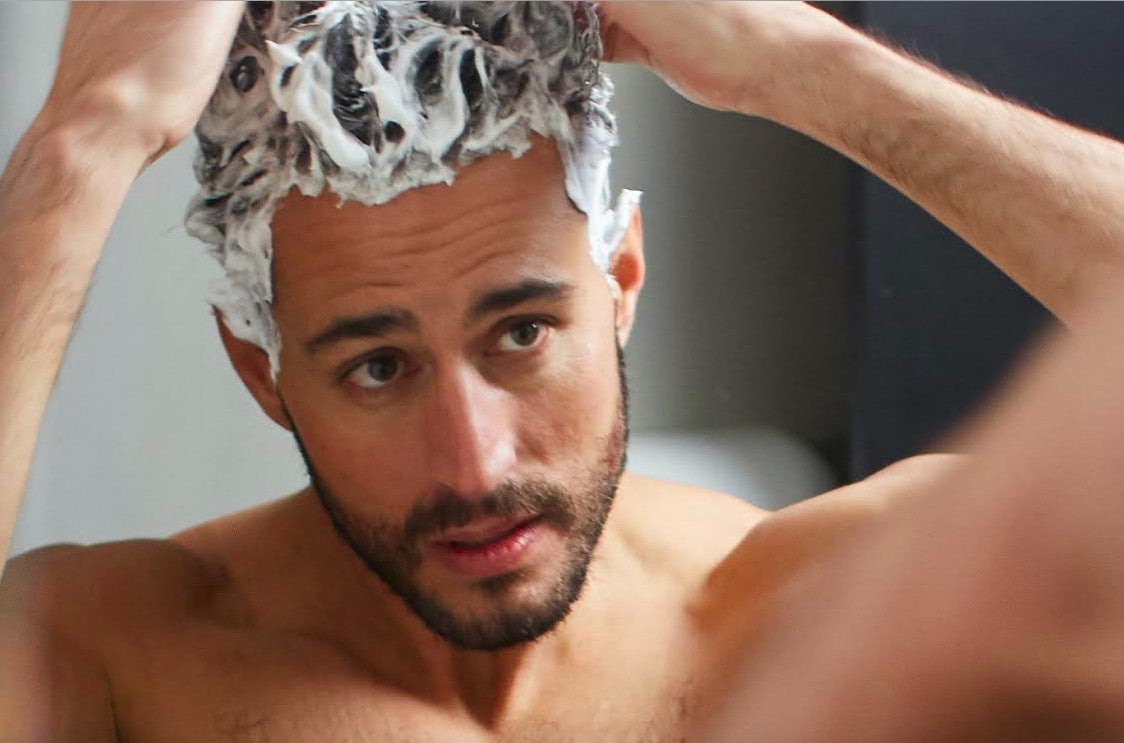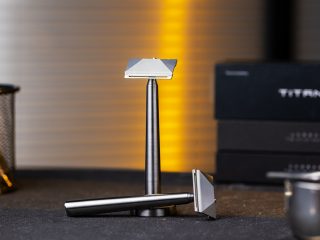You probably saw it coming. Your grandfather had a receding hairline and your dad did too. Did you expect that you won’t be joining the club? If you are just like most of the male population, you’ll probably start seeing signs of thinning hair as soon as you hit your late thirties. It’s something that most men have to face at one point in their lives. It’s a universal reality. We can’t all be Superman.
But it’s also perfectly normal for your thinning hair to make you feel uncomfortable and unattractive. If you know that you’re not the type to own your receding hairline like Jack Nicholson or Matthew McConaughey, then you better start looking for ways to keep hair on your head before it’s too late. Fortunately, there’s a lot you can do to prevent the problem. This is something you can actually control.
But first, let’s look at the science behind going bald. You can blame two things: Genetics and testosterone.
When testosterone bonds with the enzyme 5-alpha reductase, it turns into DHT, which is the hormone responsible for hair loss. DHT has various effects like shortening the life cycle of hair and destroying hair follicles by reducing blood circulation.
But don’t worry. It’s possible to prevent having a receding hairline. Here are some useful suggestions. You’re welcome!
Block DHT With Finasteride
Since DHT is the one responsible for hair loss, it makes sense to try and stop the conversion of testosterone to DHT to prevent the problem. That is precisely what Finasteride can do. It’s an FDA-approved medication that blocks DHT. It’s an effective solution for most men and the negative side effects are fairly rare. It is believed to slow down balding and even promote hair growth in some rare cases. The important thing is to act quickly and use Finasteride as soon as you notice signs of hair loss. It works best while you still have hair on your head.
Try Minoxidil To Promote Hair Growth
Finasteride works best when used with another FDA-approved medication called Minoxidil. It usually comes in liquid form and may be applied to the scalp once or twice a day to promote hair growth and slow down the balding process. By activating the follicles in the hair, Minoxidil keeps the hair in the growth cycle for a longer period of time. If you are going to try out this solution, it is important to keep in mind that you might shed old hairs first before you see new ones. Don’t panic when you see yourself losing more hair initially. You should be able to see better results after three to six months.
Complete Your Hair Care Routine
Just as you should have a nice routine when caring for your skin, you should have something to keep your hair healthy, too. In addition to Finasteride and Minoxidil, it is important to commit to using an everyday shampoo that can help prevent hair loss. The important thing is to choose a shampoo that is gentle enough for everyday use but still effective enough to help you get the results you want. Try a DHT-blocking shampoo that is gentler than most Ketoconazole shampoos found in drugstores. It is also best if you can find something that can make your hair appear fuller and thicker with the help of volume-boosting ingredients.
Watch Your Lifestyle
Aside from heredity, stress, health, nutrition, and hygiene are also factors that can contribute to hair loss. While it is generally accepted that men’s hair loss is caused by genes, lifestyle choices also contribute to the problem.
For example, anything that messes up with your hormones like taking steroids, a poor diet, and even obesity can be contributing factors to hair loss.These hormonal imbalances create unwanted chain reactions in the body that can cause hair loss or speed up the process.
It is also important to check your overall health. Sometimes, hair issues indicate a more serious illness. It is not uncommon for men with hair loss problems to have problems with their scalp too. Have your skin checked if you think you might need special medication that can help prevent the problem.
Sun exposure, pollution, and other habits like smoking contribute to the problem too. Even something seemingly small and harmless like an infection can contribute too. It is best to check your overall lifestyle and figure out what’s wrong to really understand the problem.
Change Your Hairstyle
The way you cut your hair makes an impact on how bad the problem looks. If you’re not ready to flaunt your receding hairline just yet or going for the shaved look is simply not your style, it is best to go for short hair that won’t make you look like you’re desperately clinging on to growing hair.
So what’s the best style to pick? Try an undercut, a crew cut or sling back. These styles make your thinning hairline less obvious. For special occasions, you can also use hair products that can make your hair appear thicker and fuller. However, avoid waxes and gels, which are known to speed up hair loss. Stick to a light mousse instead.
Stop Hair Loss While You Still Can
The most important thing about hair loss is to try and stop it while you still can. Regaining hair through a transplant or surgery is much more expensive and difficult than preventing the problem right from the very start.
Although there are no guarantees, using finasteride, minoxidil, a DHT-blocking shampoo and living a healthier lifestyle is your best defense against hair loss. HIMS has a Complete Hair Kit, for baldness can be optional to help.
Don’t wait until it’s too late, brother. Once your hair is gone, you won’t get it back. Do you really want to just let it all go without putting up a fight?



















1 comment
Great article, Drew!
I believe that lifestyle plays a significant role in hair loss. This can be disheartening for many hair loss sufferers to hear, but it does offer hope in that they may be able to slow/stop the recession and even reverse some hair loss.
Even in cases where hair loss isn’t caused by an illness or injury, but instead by heredity, a few lifestyle changes can make a world of difference.